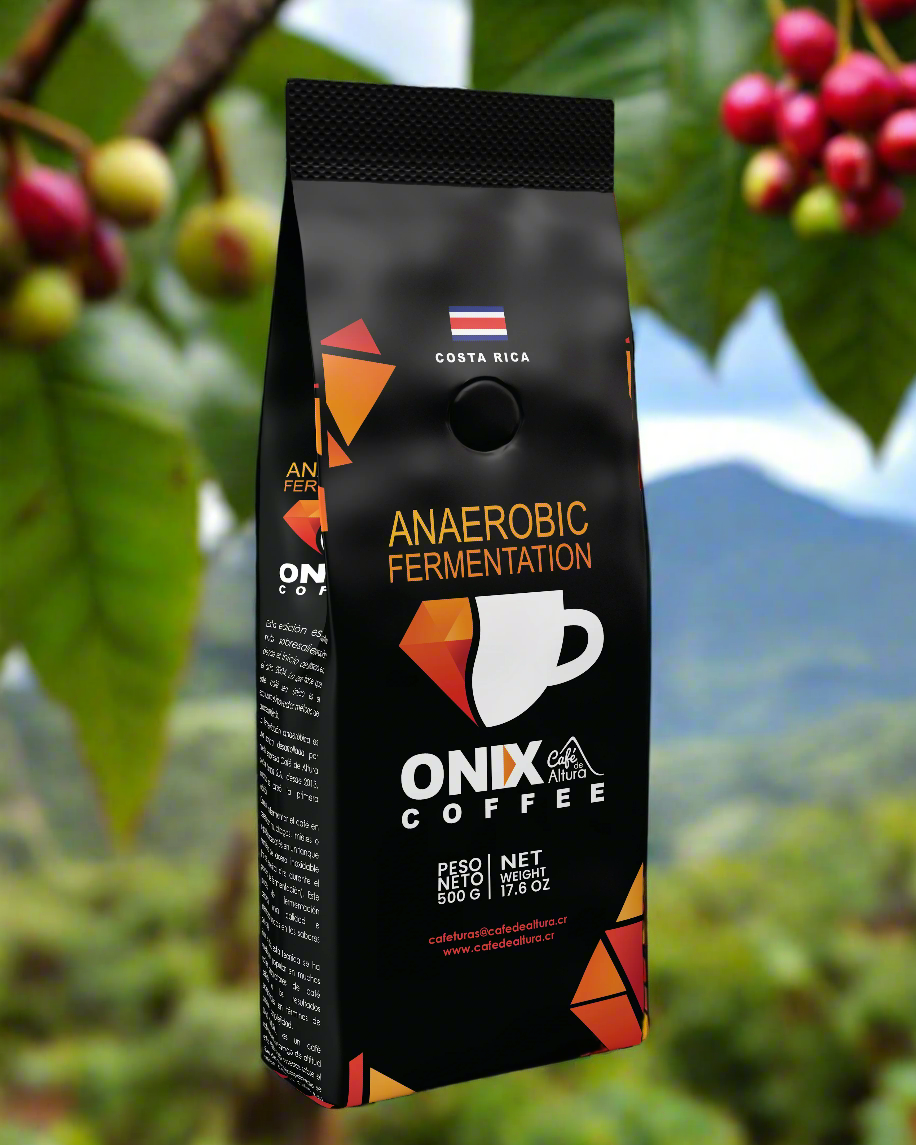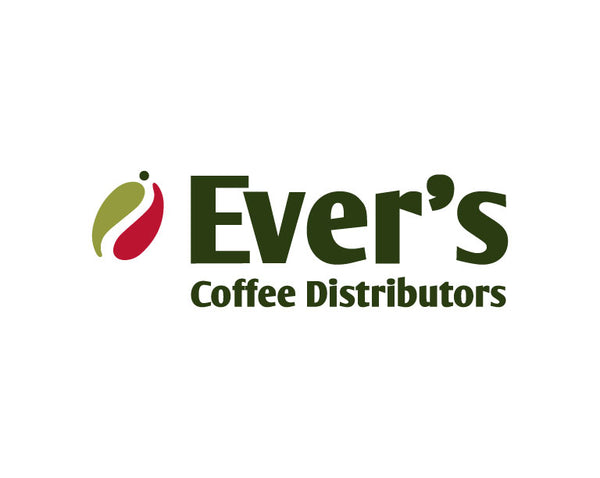
The Difference Between Commercial vs Specialty Coffee
Specialty coffee and commercial coffee are distinct in terms of quality, sourcing, and overall experience.
Specialty coffee is characterized by its exceptional quality and flavor. It is made from high-quality Arabica beans that are grown in specific regions with ideal climatic and soil conditions. Specialty coffee is carefully cultivated, harvested, and processed to ensure the best possible taste. It often involves meticulous attention to detail throughout the entire production chain, from farming to brewing. Specialty coffee aims to highlight the unique characteristics of the beans and provide a distinctive and enjoyable drinking experience.
On the other hand, commercial coffee, also known as commodity coffee, is typically produced on a larger scale and prioritizes efficiency and cost-effectiveness over quality. It often consists of a blend of different coffee varieties, including Arabica and Robusta. Commercial coffee beans are generally grown in larger plantations and may undergo mass production methods, such as mechanical harvesting and industrial processing. The focus is on producing a consistent, readily available product at a lower price point, rather than emphasizing the unique flavors and characteristics of the beans.
In summary, specialty coffee is known for its superior quality, attention to detail, and distinct flavors, while commercial coffee is produced on a larger scale with a focus on affordability and consistency. The key differences lie in the sourcing, processing, and overall coffee-drinking experience.
